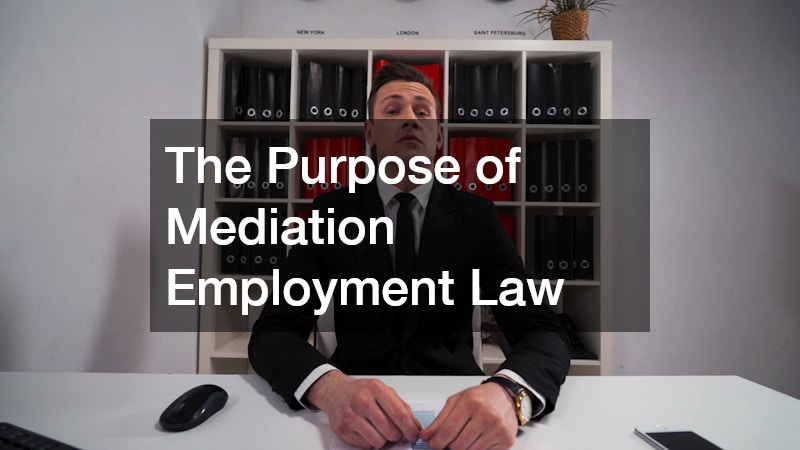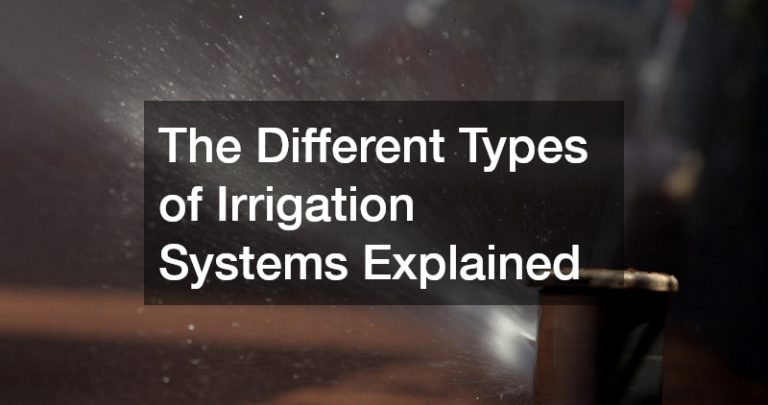Mediation employment law serves as a vital tool for resolving workplace disputes in a manner that is both efficient and amicable. With its focus on collaborative resolution, mediation stands apart from traditional adversarial legal approaches and provides a platform for constructive dialogue.
What is Mediation in Employment Law?
Definition and Core Principles
Mediation is a voluntary process where a neutral third party, the mediator, facilitates communication between disputing parties to find a mutually agreeable solution. A core principle of mediation is confidentiality, which ensures that discussions cannot be used later in court proceedings if the mediation fails.
Neutrality is another foundational principle, with the mediator ensuring no party has an unfair advantage over the other. This setting allows employees and employers to openly discuss their issues without fear of repercussions.
The structured yet flexible approach of mediation respects individual needs and promotes creative solutions. By focusing on interests rather than positions, mediation reduces the adversarial nature of conflict resolution.
Comparing Mediation with Other Dispute Resolution Methods
Unlike arbitration, where an arbitrator makes binding decisions, mediation empowers the parties to control the outcome. This aspect often leads to more satisfactory resolutions as parties reach consensus themselves.
In contrast with litigation, which can be costly and time-consuming, mediation is generally more cost-effective and quicker. The informal setting of mediation fosters open communication, reducing the strain and formality associated with courtroom procedures.
Mediation focuses on healing relationships rather than merely assigning blame, unlike many arbitration and litigation scenarios. This approach often leads to solutions that are more sustainable and have long-term benefits.
Why is Mediation Important in Employment Law?
Benefits for Employers
Mediation can be a cost-saving measure for employers, reducing the need for expensive litigation and potential reputational damage. It also provides companies with the flexibility to reach tailored solutions that are not possible through the courts.
By collaboratively resolving disputes, mediation helps improve workplace relations, making it an investment in a more harmonious work environment. Employers often see increased employee retention and morale due to the amicable resolution of conflicts.
Additionally, mediation can serve as a tool for preventing future conflicts by addressing underlying issues and fostering a culture of open communication. Employers are better equipped to understand employee grievances and address them proactively.
Benefits for Employees
Mediation offers employees a voice and an opportunity to express their concerns in a safe and supportive environment. This empowerment often leads to a sense of fairness and satisfaction with the process, regardless of the outcome.
By participating in mediation, employees can resolve disputes without fear of retaliation or negative impact on their employment status. The confidential nature of mediation ensures that their input is respected and protected.
The process allows employees to contribute to and tailor solutions to their specific situations, promoting personal accountability. This involvement often results in higher levels of compliance with agreed-upon resolutions.
How Does the Mediation Process Work?
Stages of Mediation
The mediation process begins with an introduction, where the mediator establishes the ground rules and objectives. Following this, parties make opening statements to share their perspectives and identify key issues.
The mediator then facilitates negotiation by helping the parties explore options and move towards common goals. During this stage, the mediator may conduct private sessions to focus on underlying interests.
Once an agreement is reached, the mediator documents the terms, ensuring clarity and commitment from all parties. This resolution is non-binding unless both parties formally agree to its terms in writing.
Role of the Mediator
The mediator acts as a neutral facilitator, using techniques to maintain a balanced and respectful dialogue. They guide discussions, ensuring each party is heard and understood while steering the conversation towards resolution.
By managing the emotional aspects of the dispute, mediators help parties overcome impasses and misunderstandings. Their training in communication and negotiation strategies is crucial for diffusing tension.
Mediators also ensure that power dynamics do not unfairly influence the mediation process, preserving the integrity of the proceedings. They encourage creativity in finding mutually beneficial solutions that might not be apparent initially.
What Types of Disputes Can Mediation Resolve?
Common Workplace Conflicts
Mediation is effective in resolving a range of workplace conflicts, including harassment and discrimination issues. It provides a space for early intervention, potentially preventing escalation to legal claims.
Contract disputes, such as disagreements over employment terms, can also be effectively resolved through mediation. This approach allows for negotiation and compromise, preserving professional relationships.
Additionally, conflicts regarding workplace behavior and interpersonal relationships, which might seem minor, can benefit from mediation. Addressing these issues early helps maintain a positive work environment.
Limitations and Considerations
While mediation is versatile, it may not be appropriate for disputes requiring legal determinations or public scrutiny. Factors like unwillingness to participate or power imbalances may hinder the effectiveness of the process.
Consideration must also be given to the potential need for legal advice, especially in complex cases involving statutory rights. On occasions where mediation does not lead to resolution, parties might still need to pursue litigation.
It’s important for those involved to assess their situation to determine if mediation aligns with their needs and objectives. Adjustments, such as involving legal representatives, can address specific concerns in mediation.
What are the Outcomes of Successful Mediation?
Resolution and Agreement
Successful mediation results in a mutually satisfactory agreement where both parties feel their needs have been addressed. Such agreements often include solutions that benefit both employees and employers, fostering cooperation.
These agreements are characterized by clarity and commitment, providing a roadmap for future interactions. They can include specific actions to be taken, ensuring responsibilities and deadlines are understood.
Long-term Impact on Workplace Environment
Mediation contributes to a healthier work environment by fostering trust and understanding among employees and employers. The collaborative process helps create a culture of respect and open dialogue.
By addressing issues directly, mediation helps prevent the buildup of resentment and miscommunication. This proactive approach leads to enhanced engagement and productivity, benefiting the overall organizational culture.
.






